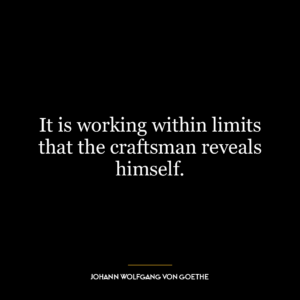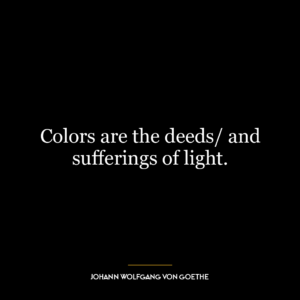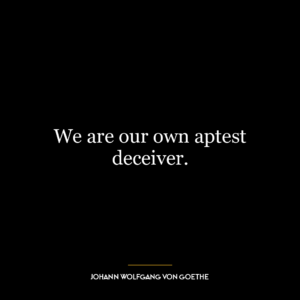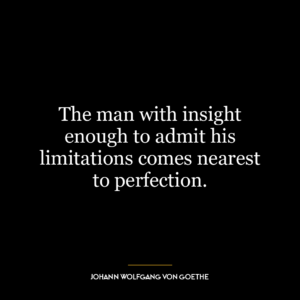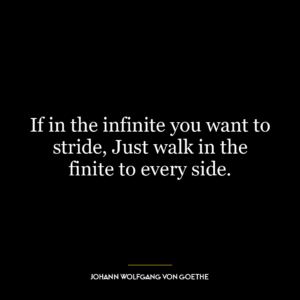This quote suggests that the mistakes we make when observing or interpreting situations, events, or phenomena are not arbitrary, but rather a direct result of our human characteristics. It implies that our perceptions are inherently flawed due to our individual biases, preconceived notions, or emotional states. In essence, our understanding and interpretation of the world around us is not an absolute truth but a reflection of our own human qualities.
Applying this idea to today’s world, it’s evident in the way we consume and interpret news or social media. With the vast amount of information available, our inherent biases often lead us to accept or reject information based on our existing beliefs or opinions. This can result in a skewed understanding of events, reinforcing our biases rather than challenging them, and perpetuating a cycle of misinformation.
In the context of personal development, this quote emphasizes the importance of self-awareness. By recognizing our biases and the ways in which our perceptions may be skewed, we can strive to approach situations with an open mind, question our initial interpretations, and seek out diverse perspectives to gain a more accurate understanding of the world around us.
This quote also brings to light the importance of empathy and understanding in our interactions with others. Recognizing that others’ perceptions are similarly influenced by their unique human qualities, we can better appreciate the diversity of experiences and perspectives that exist, fostering greater tolerance and understanding.
Furthermore, it encourages us to be patient with ourselves when we make mistakes. Understanding that errors are a natural result of our human qualities allows us to view them as opportunities for growth and learning, rather than failures.
In conclusion, this quote serves as a reminder of the fallibility of our perceptions and the value in continuously seeking to broaden our understanding and challenge our biases.



